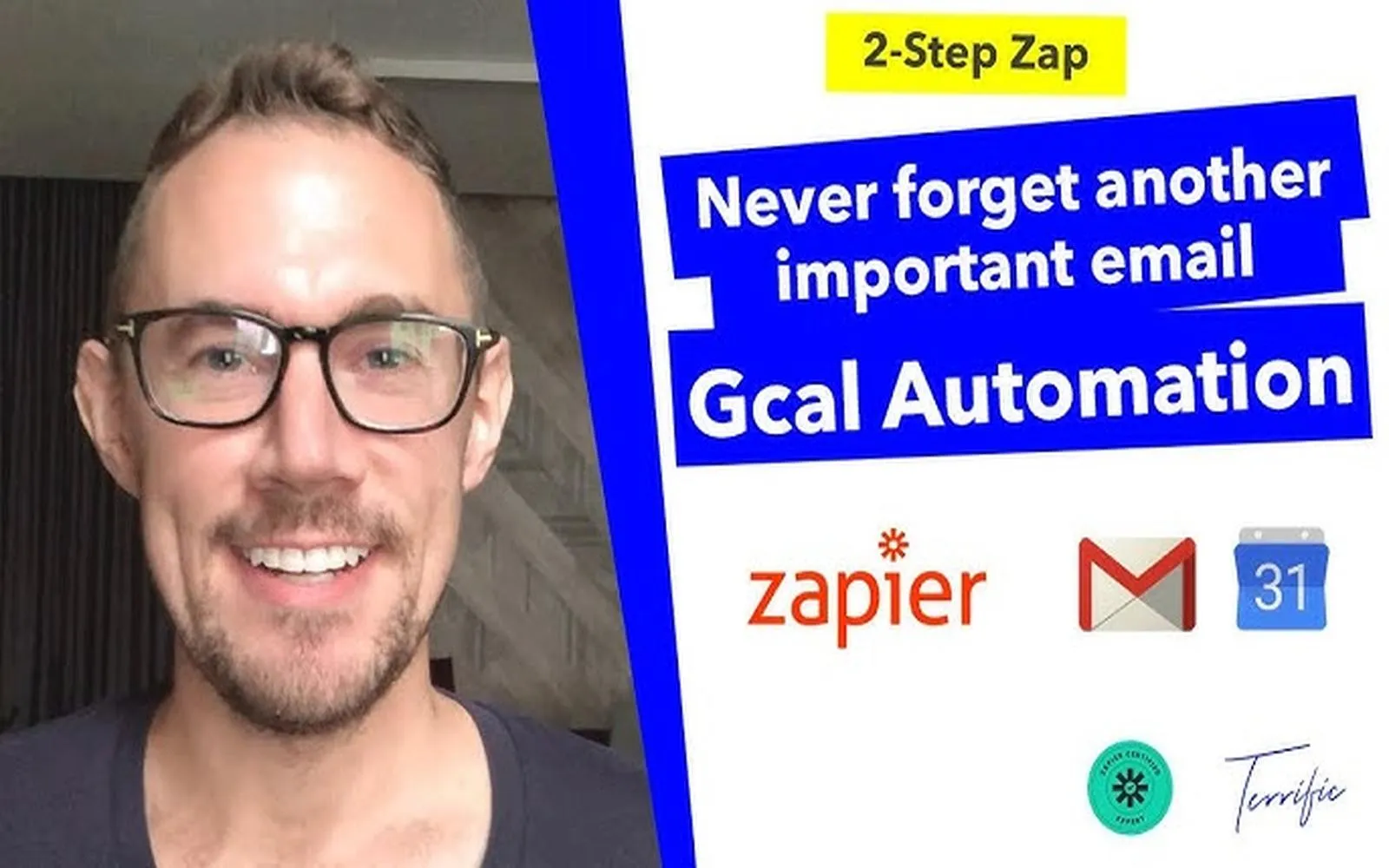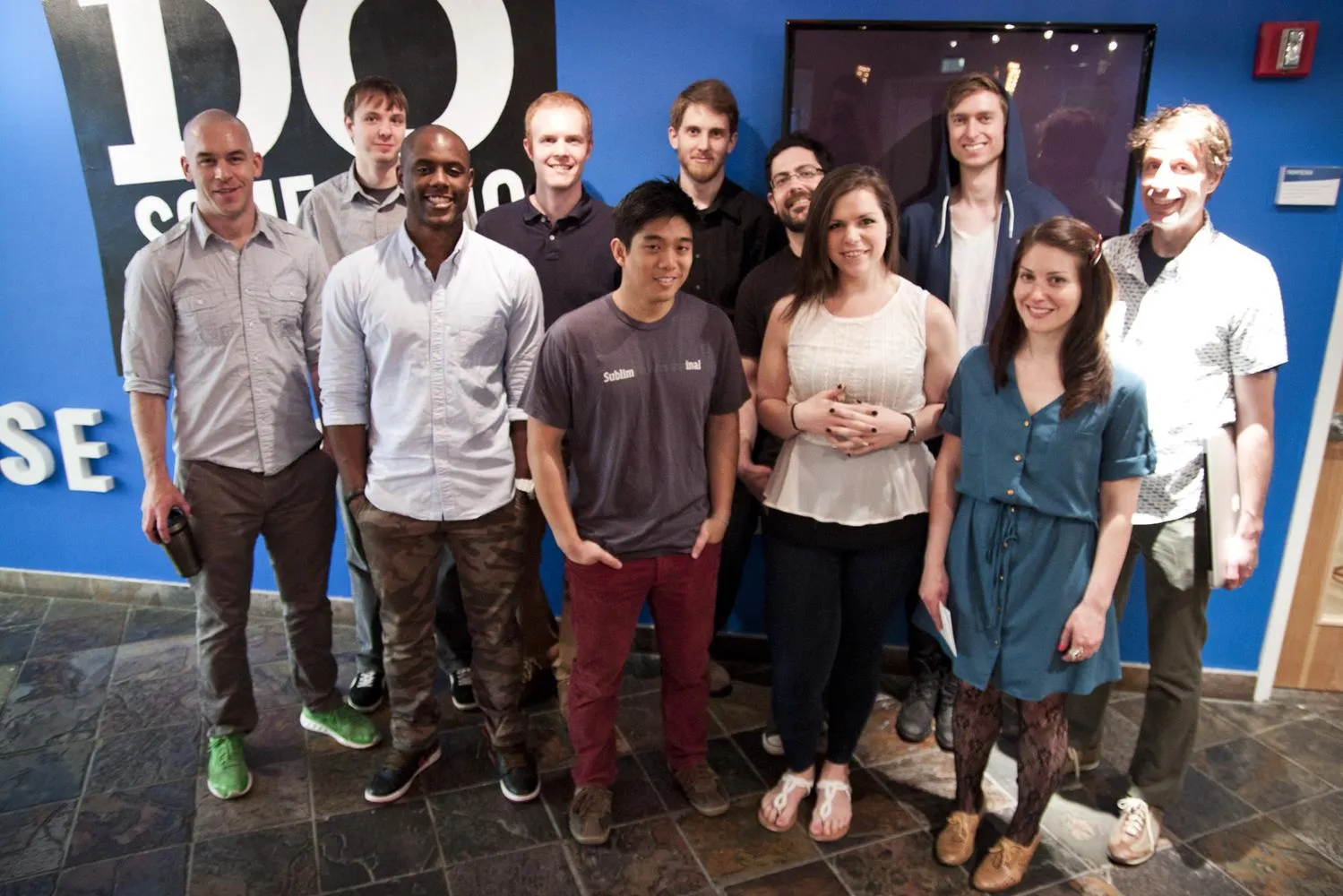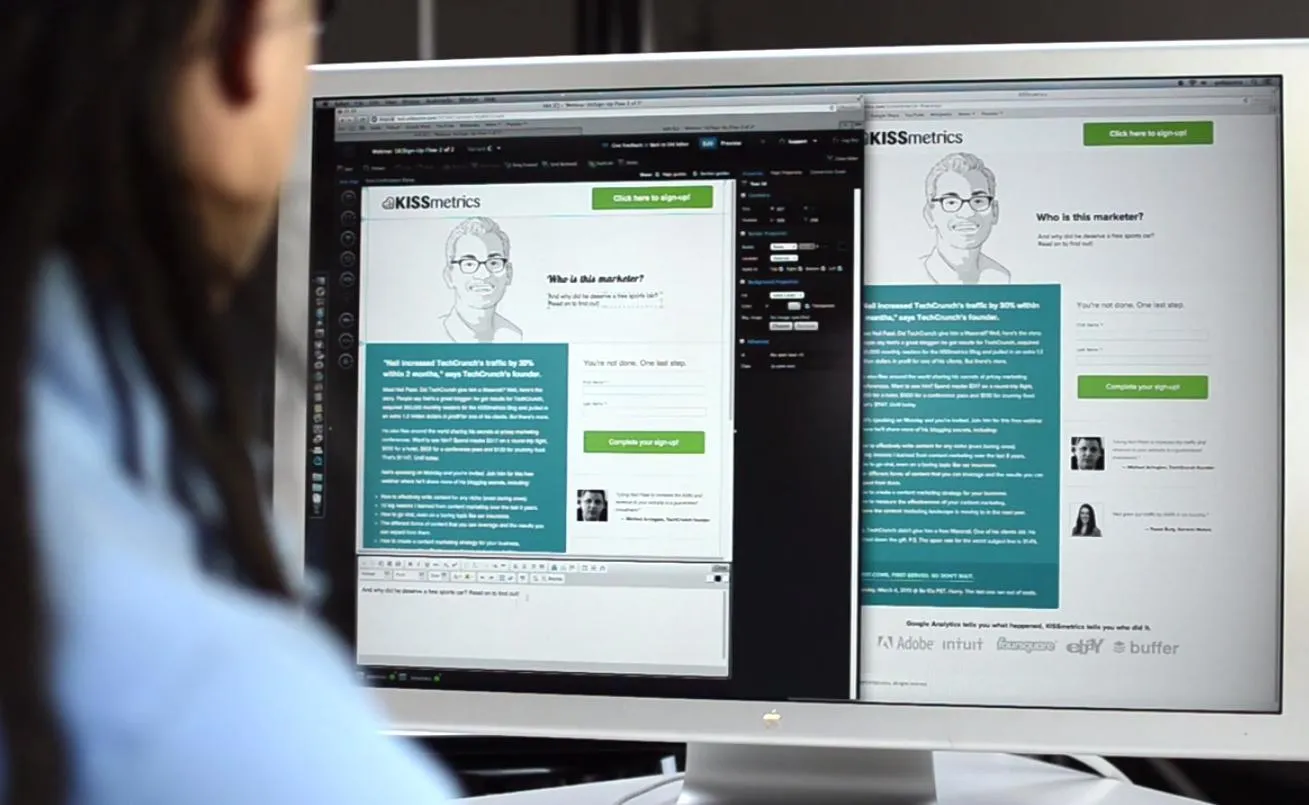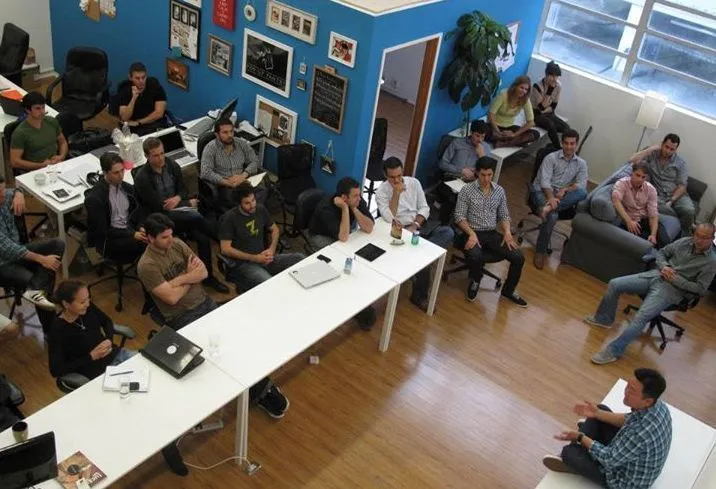Understanding the Zap: Gmail to Google Calendar
In today’s fast-paced world, staying organized is crucial. One of the best ways to do this is by integrating your email with your calendar. My new favorite Zap connects Gmail to Google Calendar, allowing you to streamline your scheduling process effortlessly. This automation eliminates the need to manually input events from your email into your calendar, saving you time and reducing the risk of missing important appointments.
How the Gmail to Google Calendar Zap Works
The integration works by automatically creating calendar events in Google Calendar based on specific triggers in Gmail. For example, if you receive an email that contains an invitation to a meeting, the Zap can detect this and create a corresponding event in your calendar. This seamless connection between Gmail and Google Calendar is a game changer for productivity.
Setting Up Your Zap
To set up your Gmail to Google Calendar Zap, follow these simple steps:
- Log into your Zapier account.
- Select "Make a Zap" and choose Gmail as your trigger app.
- Set the trigger event, such as "New Email Matching Search."
- Connect your Gmail account to Zapier.
- Set up the search criteria to filter relevant emails.
- Choose Google Calendar as your action app.
- Select "Create Detailed Event" as the action event.
- Map the fields from your Gmail to the calendar event details.
- Test your Zap and turn it on!
Benefits of Using the Gmail to Google Calendar Zap
This automation provides several benefits that can enhance your productivity significantly:
- Saves Time: No more manual data entry; events are created automatically based on your Gmail.
- Reduces Errors: Automating the process minimizes the chances of errors that can occur during manual entry.
- Improves Organization: Keep your calendar up to date with important events without the hassle of checking emails repeatedly.
- Customizable Triggers: You can tailor the Zap to suit your specific needs, ensuring that only relevant emails create events.
Chart: Comparison of Manual Entry vs. Gmail to Google Calendar Zap
Below is a simple comparison chart that highlights the differences between manually entering events into Google Calendar and using the Gmail to Google Calendar Zap:
| Aspect | Manual Entry | Gmail to Google Calendar Zap |
|---|---|---|
| Time Taken | 5-10 minutes per event | Automatic |
| Error Rate | Higher due to manual mistakes | Minimal |
| Accessibility | Requires constant checking of emails | Real-time updates |
| Customization | Limited to user’s memory | Highly customizable triggers |
Integrating with Other Apps
The power of the Gmail to Google Calendar Zap doesn’t end there. You can integrate this Zap with other applications for even greater efficiency. For instance, consider linking it with Slack for team notifications or Trello for project management. This holistic approach to automation can enhance your workflow and keep your team on the same page.
Tips for Maximizing Your Zap
To get the most out of your Gmail to Google Calendar Zap, consider the following tips:
- Be Specific with Search Criteria: The more precise your search criteria within Gmail, the more relevant your calendar events will be.
- Regularly Review Your Events: Periodically check your Google Calendar to ensure that the events created are accurate and relevant.
- Utilize Filters: Leverage Gmail filters to automatically label emails that trigger calendar events.
Conclusion
Integrating Gmail with Google Calendar through Zapier is an efficient way to enhance your productivity and stay organized. By automating the process of creating calendar events from your emails, you can save time, reduce errors, and ensure you never miss an important appointment. With this setup, you have the power to customize your workflow to fit your unique needs. Start using this Zap today, and you’ll soon discover why it has become my new favorite tool!





